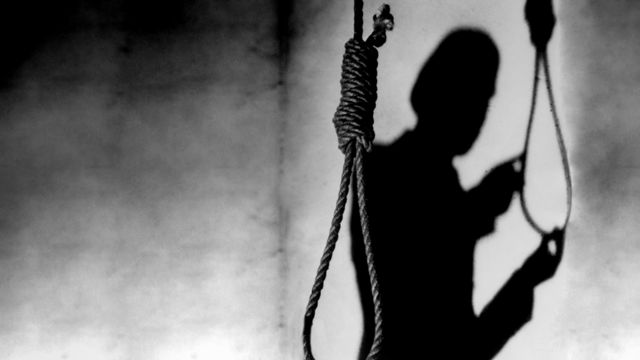Colorism or discrimination based on skin color is a form of prejudice where people are being treated differently based on the color of their skin. I thought most colorism in America occurred among black African Americans, but as I learned in an episode of “Oprah´s lifeclass”, light-skinned black women also face prejudices every day. They don´t however just experience prejudices from white people, but also in their own communities.
Iyana Vanzant was on an episode of “Oprah´s Lifeclass” where she talked about the issue of colorism. Many understand colorism as prejudices that black people face, but as two of the women in the audience proved, light-skinned black women experience it too. The light-skinned black women are in fact facing prejudices both from the “black” community, where they are among other things called “lite-brite” or “high yellow”, as well as in the “white” community, where they are called the same things as darker black people. As a light-skinned black woman said: “You´re alienated from your own people. You´re never black enough.” But in America, she is still black.
In the movie “Crash” we saw an example where a police officer treated a light-skinned black woman disrespectfully. The devious policeman punished her to take revenge on another black woman that had upset him. He wanted to make the black race pay. It would, of course, not be okay if she was black either, but it is interesting to see that the police officer actually follows the “one drop rule”. He saw that she had a drop of “black blood” in her, and it was enough for him.
Now and then I stumble over a video clip or a news article about police brutality in America. Often there are black African Americans or light-skinned African Americans, whom the police thinks are up to something illegal and accordingly they abuse or even kill them. Reading articles concerning this provokes me and I keep asking why people like that even get to be cops. It is sad to think about, but the reality is that colorism occurs every day. Even in the police. When I was younger I looked up to the police and thought that they always would be fair and civil, but unfortunately it is not the case everywhere.

Sources:
Colorism: Light-Skinned African-American Women Explain The Discrimination They Face (Video) http://www.huffingtonpost.com/2014/01/13/colorism-discrimination-iyanla-vanzant_n_4588825.html
Discrimination Based On Skin Color https://en.wikipedia.org/wiki/Discrimination_based_on_skin_color#United_States




















